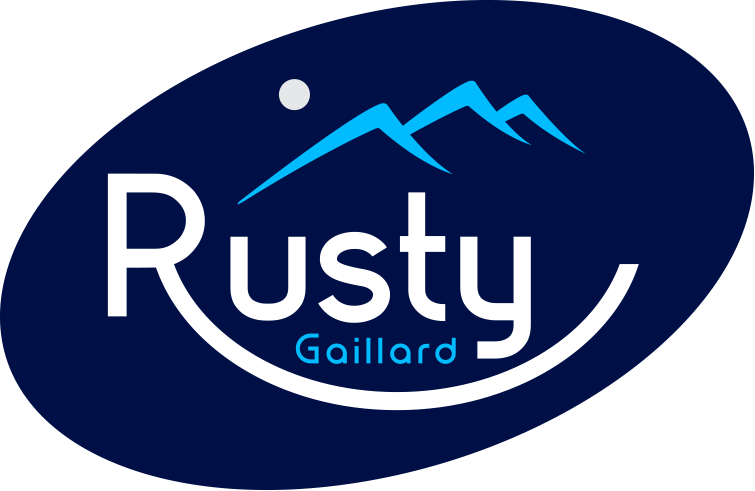Conquering Fear of Failure: A High Achiever's Guide to High-Stakes Success
As a high achiever, you've built your career on excellence and intelligence. You're accustomed to being among the smartest people in the room, leaning into challenges, and avoiding mistakes at all costs. This drive for perfection — which has driven your career success — can also become a barrier to your success.
The Paralysis of Perfectionism
For many ambitious professionals like yourself, the idea of making a public mistake is more than just uncomfortable—it's debilitating. This fear can manifest in various ways:
Hesitation in executive presentations
Reluctance to propose innovative ideas
Feeling responsible for factors beyond your control
Adopting an "invisible mindset" to avoid scrutiny
These behaviors stem from a deep-seated belief that your worth is tied to your performance. In high-stakes situations, this perfectionism can lead to stress, limited creativity, and a narrow focus on what you think others want to hear.
The Hidden Cost of Conformity
In top-down corporate cultures, the pressure to conform and avoid mistakes is particularly intense. You may find yourself:
Deferring to authority, even at senior levels
Suppressing contrary opinions or innovative suggestions
Prioritizing looking smart over contributing valuable insights
This conformity comes at a cost. It stifles creativity, limits your potential for impact, and can leave you feeling unfulfilled in your role.
From Skillset to Mindset
While you might focus on developing new skills to overcome challenges, the key to breaking free from the fear of failure lies in your mindset. Confidence and the willingness to be vulnerable are crucial for sharing your best ideas and providing honest feedback.
The BEAR Framework: A Tool for Transformation
Most people accept at face value that their actions drive their results. What may be less intuitive is that your emotions drive your actions, and your beliefs about the situation drive your emotions. It’s a simple causative model of behaviors and results.
Beliefs —> Emotions —> Actions —> Results
Consider an executive presentation. Your beliefs about the situation (e.g., "This is my only chance" or "I must look smart") influence your emotions (nervousness, stress). These emotions affect your actions (stiffness, over-reliance on prepared remarks), which impact your results.
By shifting your beliefs, you can transform the entire chain of events. Instead of focusing on looking smart, what if you believed your role was to facilitate the best decision for the company? This perspective change can lead to more relaxed emotions, natural actions, and ultimately better results.
Strategies for Overcoming Fear of Failure
Recognize the Clues: Pay attention to feelings of nervousness, stress, or lack of confidence. These are opportunities to apply the BEAR framework.
Expand Your Perspective: Instead of fixating on a narrow problem, consider the bigger picture. How can you contribute to the overall success of the project or company?
Redefine Your Role: Rather than seeing yourself as responsible for having all the answers, view your role as guiding the team toward the best solution.
Be Courageous: Sharing honest feedback and innovative ideas is a strength, even if others don’t agree or your ideas aren’t accepted. Have the courage to share your best thoughts.
Practice Mindfulness: Develop awareness of your emotions and beliefs in high-stakes situations. This awareness is the first step to changing your response.
From Conformity to Authenticity
You can break free from the paralysis of perfectionism and the constraints of conformity. Instead of striving to be the flawless professional who never makes mistakes, aim to be an authentic leader who facilitates great decisions, inspires others, and isn't afraid to bring your whole self to work.
The most effective leaders appear natural, approachable, and calm under pressure.
This ease comes not from never making mistakes, but from a mindset that values growth, collaboration, and authenticity over perfection.
As you face your next high-stakes situation, challenge yourself to shift your perspective.
You might find that by letting go of the fear of failure, you open yourself up to greater success, influence, and fulfillment in your career.


